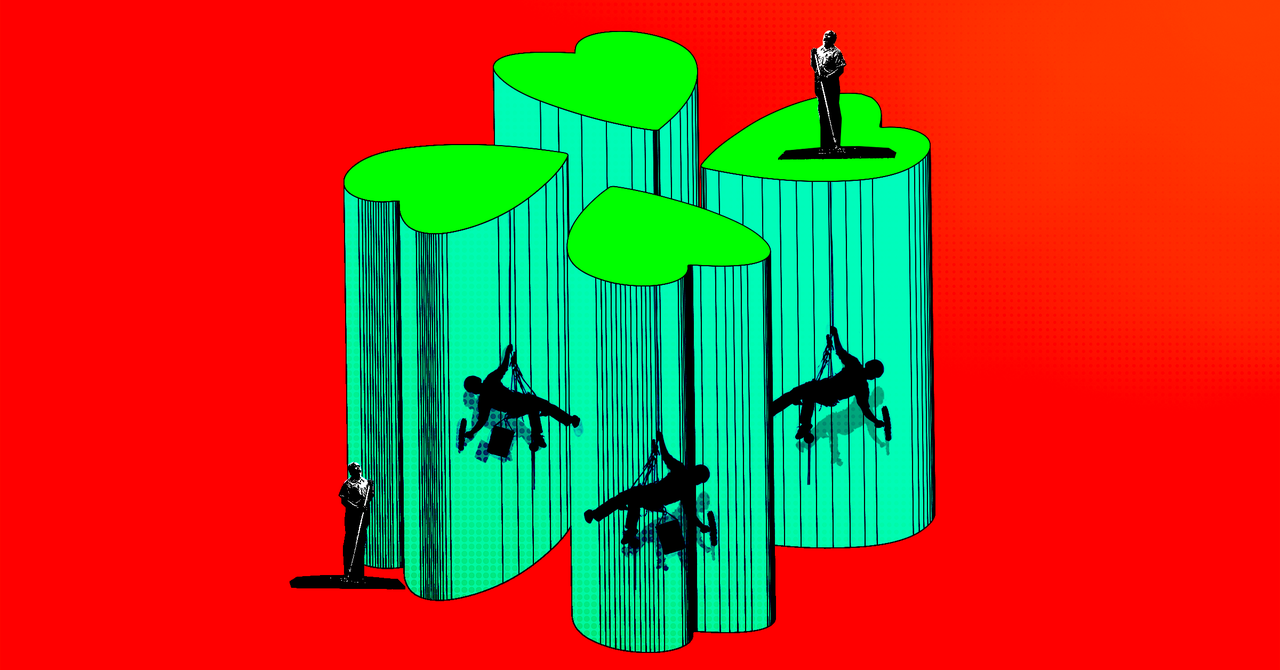According to the cross section of bans imposed on New York, issued in the days following the Buffalo mass shooting, 21 bans were imposed for violating US law. Some of those, as 4chan pointed out to the Attorney General’s office, were for advice for further terror attacks. The posts encouraged fellow 4chan users to kill politicians, journalists, law enforcement, Jewish and black people and target Pride events.
In practice, however, the majority of calls for violence on 4chan do not lead to a ban. Users often call to start a race war – a “boogaloo” in far-right parlance – or to make threats against individuals or entire classes of people. Their vitriol is particularly vicious when it comes to black, queer, and Jewish people.
Users advise each other to “go to the ER completely” — a reference to Elliot Rodger, who, at age 22, murdered six people at his college in Isla Vista, California, in 2014 before dying by suicide. That kind of encouragement has been reflected on 4chan by those who continue acts of violence. When 25-year-old Alek Minassian rammed a van through a crowd of people in Toronto, Canada, in 2018, killing 11 and injuring 15, some seriously, he posted a message on Facebook immediately beforehand, with a convoluted reference to “Sgt 4chan and the “Supreme Gentleman Elliot Rodger!”
Mike Chitwood, the Sheriff of Volusia County, Florida, has gone out of his way to underline just how common these violent threats are on 4chan. His office has arrested several 4chan users for making specific threats against the sheriff himself. Users, undeterred and unrebuked by moderators, have responded with messages like: “Kill Sheriff Shitwood.” “Behead Sheriff Shitwood.” “Roundhouse kicks Sheriff Shitwood in the concrete.”
One particularly conspiratorial and racist poster, which sported a Nazi flag icon, was more blunt than many of their fellow users about 4chan’s toxic impact: “I hope a kid reads this. things and opportunities fall into place, then those kids can start a boogaloo in the future.
4chan wasn’t always a hotbed of racial animus and hatred. When the founder, Chris Poole, ran the site, he made a constant effort to keep it from sliding into racist chaos. Until he left the site in 2015, Poole actively opposed the emerging political streak. Initially, the imageboard leaned towards a progressive libertarianism, epitomized by the hacktivist group Anonymous. Over time, however, it developed a harder edge.
At one point, 4chan staged raids on the infamous neo-Nazi forum Stormfront. But around 2010, Poole reckoned that some of the signs on his website had essentially become “Stormfront,” as Dale Beran writes in It was because of something terrible.
In 2011, Poole created /pol/ explicitly to contain this growing far-right attitude, hoping it would not spread further. It did not work. “On the contrary, 4chan’s new neo-Nazi section was thriving,” writes Beran.
Poole would continue to try in vain to stop the growing vitriol. In 2014, the anti-feminist Gamergate movement seized 4chan. Poole tried to ban all discussion of Gamergate, but the movement’s reactionary ethos seeped into the website anyway.

